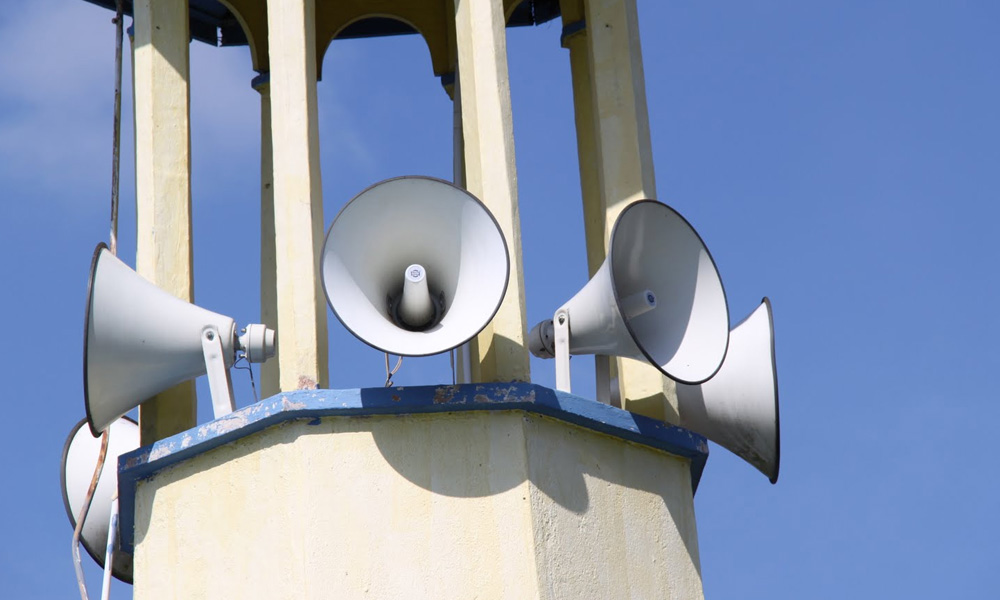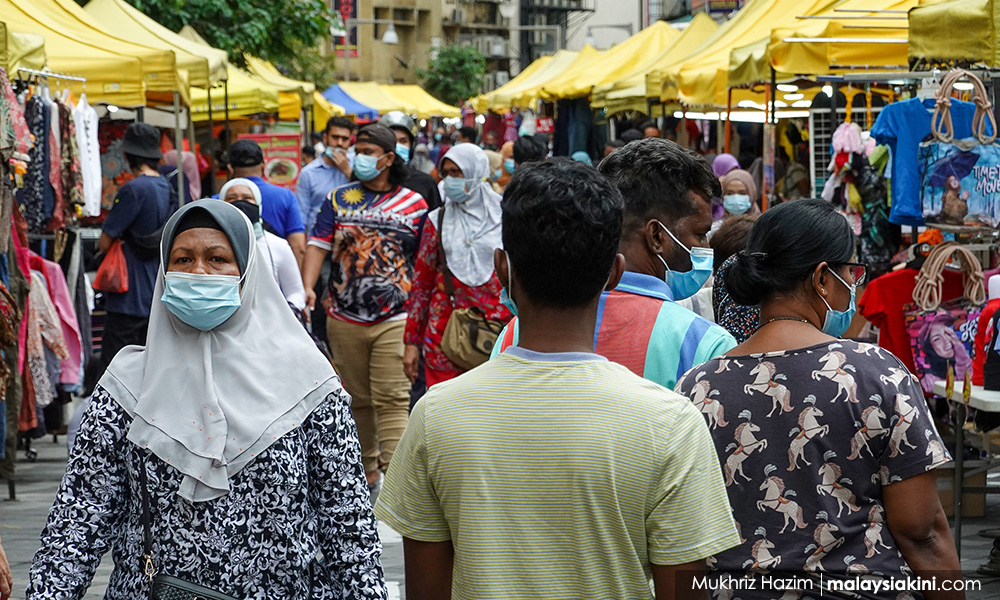On a recent Qatar flight from Washington DC to KLIA connecting in Doha, I saw six bumiputeras, plausibly in their late 20s or early 30s, in the departure hall. They had priority boarding.
As I trundled to the back in economy, the group of six were sipping orange juice from champagne glasses while scrolling through their canggih phones.
Could they be Malaysian consulate staff, diplomat trainees, Jusa A officers?
Their business class comfort triggered my stereotype of Malays who had seemingly made it in the civil service or a GLC. I could be wrong - or right.
Such are the unthinking stereotypes borne of racialised politics. Malay or non-Malay - we’re all susceptible to this mental trap.
I shared my stereotyped observations with a Malay ‘comrade-in-arms’, a fellow journalist, and sought his counsel. Here’s part of our e-mail correspondence:
Dear Mus,
My colleagues sometimes asked why I had left Malaysia. Was it for better career prospects? Do non-Malays find it hard to get jobs in the public sector? Are government policies structured to favour the Malays? Are non-Malays second-class citizens?
Context matters to us, journalists. Hence, I often qualify that Malaysians generally get along well in their daily lives. My formative years in Penang were nurtured living among Malay, Indian and Sikh neighbours.
I woke up each morning with the muezzin call to prayer - and ended each day with the same. The bell tolled from a Hindu mini-mandir added to the kampung cacophony. We got along as well as any kids do, including the scuffles over guli and gasing.
My cultural premise of decades years ago, I still hold today. Each racial group has its values, peculiar traditions, beliefs and biases. But we can, with effort, empathise, acculturate and, through time, possibly evolve a Malaysian cultural hybrid.
This transcultural hybrid, I recently witnessed one evening when I drove through the narrow streets of SS9 in Sungei Way. It moved me back to my kampung days.
There was a masjid, a mandir and a temple. All were within walking distance from a Chinese restaurant. Malay kids were playing ball on the streets. Chinese households still had their Lunar New Year lanterns raised, and a red cloth hanging on the doorway. And Indian residents were apparently returning home from their chores.

Sungei Way represents a microcosm of urban ‘kampung’ life. The enclave got me wondering about the prospect of us returning to the pre-1969 era when race and religion did not matter as much as they do today.
Chinese New Year, Hari Raya, Deepavali, and Christmas - they were communal celebrations. Malay weddings were a hit among us kampung kids. It was an all-day open kenduri.
Looking in from afar today, my reading of Malaysian politics is now less tainted with angst than pragmatism in the way we see each other, how racial interactions can be enhanced through real cross-cultural dialogue or sadly diminished through segregated housing - Kampung Baru, Kampung Melayu, Kampung Cina.
If Malaysian society continues to be politically divided into racial pockets, I believe our racial stereotypes and misunderstanding will continue to fester.
I wonder what you and I will discover if we were to ask our inner circle of friends and family these questions:
• Do you have as many friends from another race or religion as you have from your own?
• Have you ever felt discriminated against because of your race?
• How would you react if your son or daughter dates someone from another race?
Regards,
Eric
The reply
Dear Eric,
In a sense, you’re fortunate to have those six young Malays boarding the same flight as you. They had compelled you to try to wrap your head around them for the rest of the journey - instead of watching the in-flight movies that you probably had watched on Netflix anyway.
Given that I wasn’t there personally, I can only imagine and make a guess. It is quite possible that they are sons of Malay upper-class families who have gained a lot from the affirmative action thrust of the New Economic Policy.

But then, that’s my stereotype, too, of super-rich Malays who live a flamboyant lifestyle, divorced from the harsh realities of poor Malays who struggle daily to put food on the table.
As a friend, it saddens me that you had to migrate in search of a better life in a place that gives you a meaningful sense of belonging, which is vital.
I can understand the importance of having a future that promises improved living standards, favourable career paths and educational opportunities sans discrimination for your children.
Like you, I have pleasant memories of my younger days. Race and religion were not a barrier to friendship at all. We had fun together.
We lived in government quarters where you got Chinese, Malays, Indians and Eurasians living in the neighbourhood. There was no ‘bumiputera’ at the time - just Malay. Nor was there a National Unity Ministry.
Our neighbourhood was mixed because the civil service then was largely multiracial. My immediate neighbour to the left of our house was Chinese, whose kids would swear to me in Cantonese, which I joyfully took in my stride. Mastering another language usually starts and is enhanced with swearing.
You can imagine the din and joy of celebrating our respective cultural festivities. We played firecrackers during Hari Raya Aidilfitri as well as Chinese New Year. The crackle was music to our ears.
On weekends, many of us would congregate in our Eurasian friend’s house to watch our favourite TV shows. This family was one of the few in the neighbourhood that had (black-and-white) television sets, and one that gracefully welcomed us into their living room.
(This may be a minor factor, but the attraction to our Eurasian friend’s house was also because he had an attractive sister. You can imagine how crucial it was to pay them a visit during Christmas.)
And once a month or so, we would flock to the nearby remaining British military camp in the evening. This was after our Gurkha classmates informed us that the army’s Gurkha unit screened Hindi movies there.
Language was no barrier to enjoying the flicks, just as we were able to relish the songs sung by actors who ran around trees to express their undying love.
In school, we would go to lunch, with a Chinese classmate who had his 'un-halal' noodles while my friends and I had our nasi lemak at the same table.
I don’t think there could be a re-run of what we had experienced in the old days for as long as there are politicians who thrive and survive by dividing us.
Regarding the three questions you posed, I think many of them might not have many friends outside of their racial group.
Second, they might feel discriminated against in such cases as applying for certain positions in the private sector or trying to rent a house or a room.
Finally, parents may be agreeable to a mixed marriage, but religion can pose a problem here.
Regards,
Mus
- Mkini
ERIC LOO is a former journalist and educator in Australia, and a journalism trainer in parts of Asia.
The views expressed here are those of the author/contributor and do not necessarily represent the views of MMKtT.




No comments:
Post a Comment
Note: Only a member of this blog may post a comment.